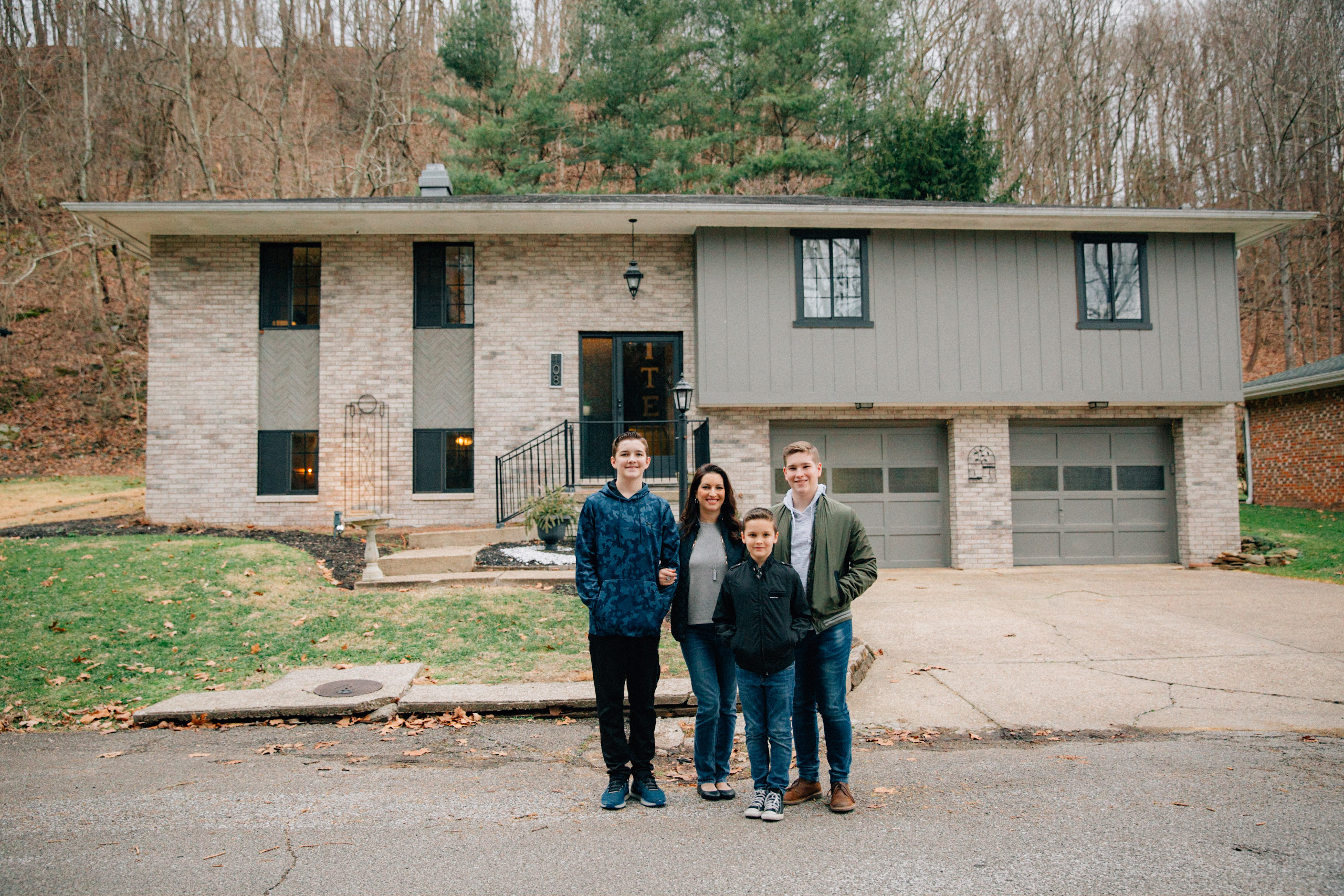Eradicating Poverty
Opening the books in West Virginia
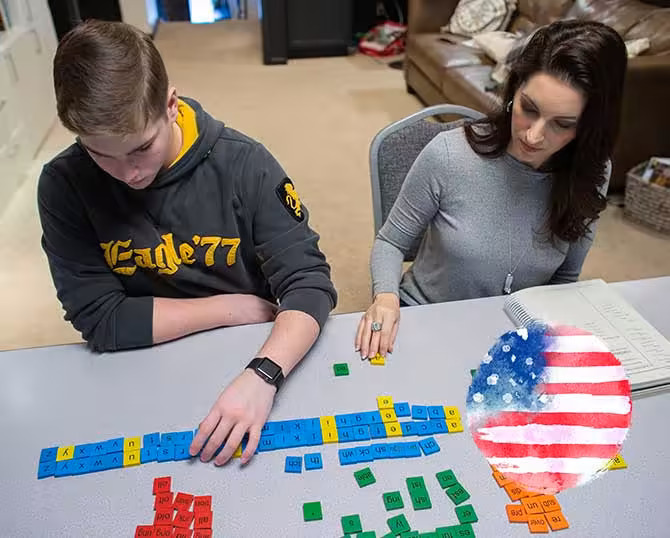

When Jennifer White’s first son started school in 2008, she didn’t want to homeschool and didn’t expect she ever would. She certainly had no idea she would be part of revolutionizing a whole state’s approach to education. But when her son needed specialized help for his individual learning needs, she saw how broken West Virginia’s education system was and how badly students and parents needed more options. Cardinal Institute for West Virginia Policy—an Atlas Network partner—recognized the same problem, and, after years of work, the state legislature passed Cardinal Institute’s proposed solution in 2021.
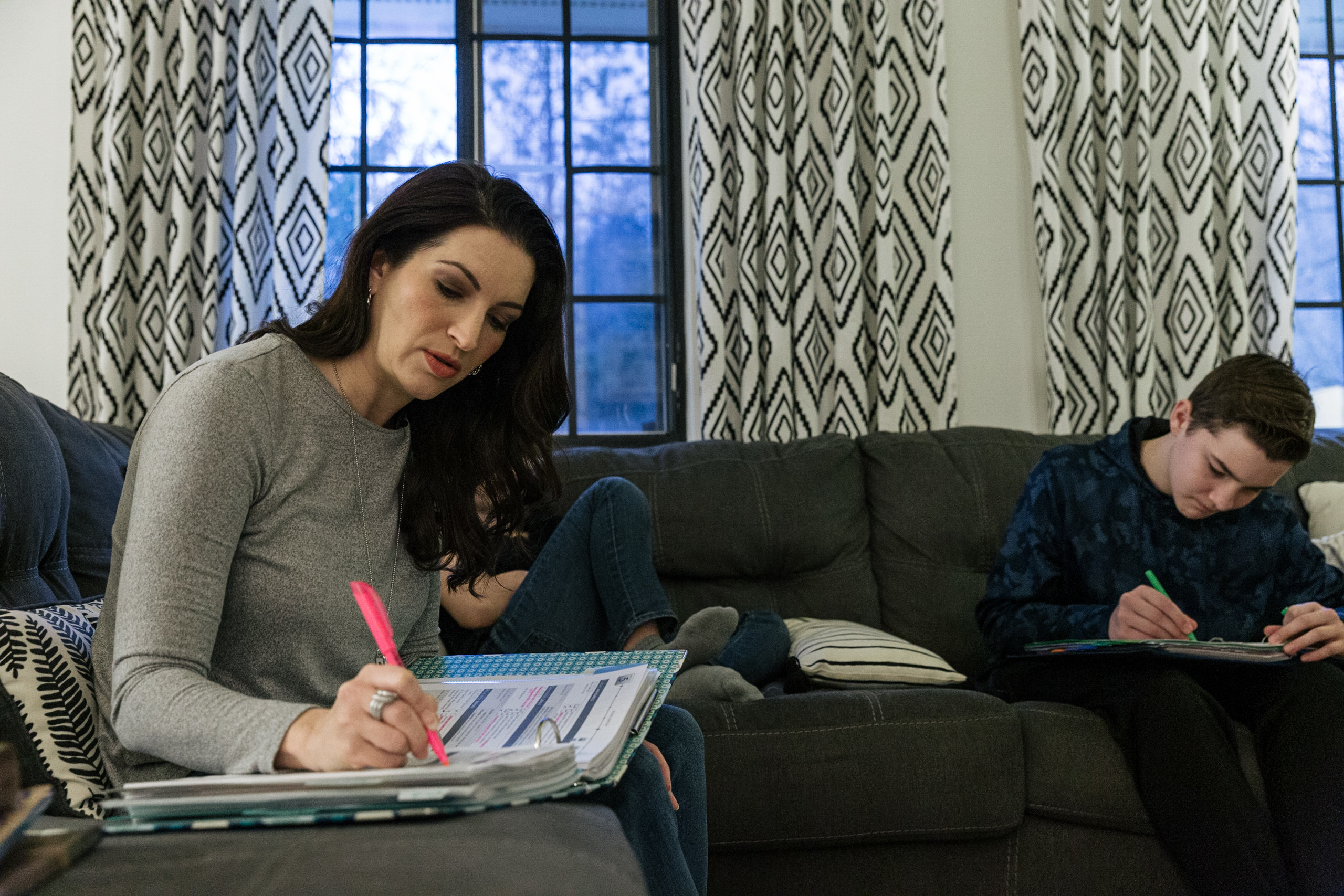
Jennifer’s Dilemma
Like most boys his age, Jennifer’s oldest son was an active and energetic preschooler who struggled to stay dedicated to in-class work. This tendency did not improve as he got older, however, and it soon became apparent that deeper issues were present than simple boyish energy. After rigorous testing, regular doctors’ visits, and meetings with his teachers, he was diagnosed with ADHD. It was a serious roadblock to his educational success. Nothing anyone tried seemed to be the solution Jennifer’s son needed.
“We went through first and second grade trying to come up with a solution, even trying medication,” Jennifer said. “The medication turned him into a compliant zombie in class, but definitely did not help his reading.”
The school’s only suggestion was to increase the already unhelpful medicine, but the doctor mentioned that homeschooling might create an environment where he could actually learn.
“We went through first and second grade trying to come up with a solution, even trying medication,” Jennifer said. “The medication turned him into a compliant zombie in class, but definitely did not help his reading.”
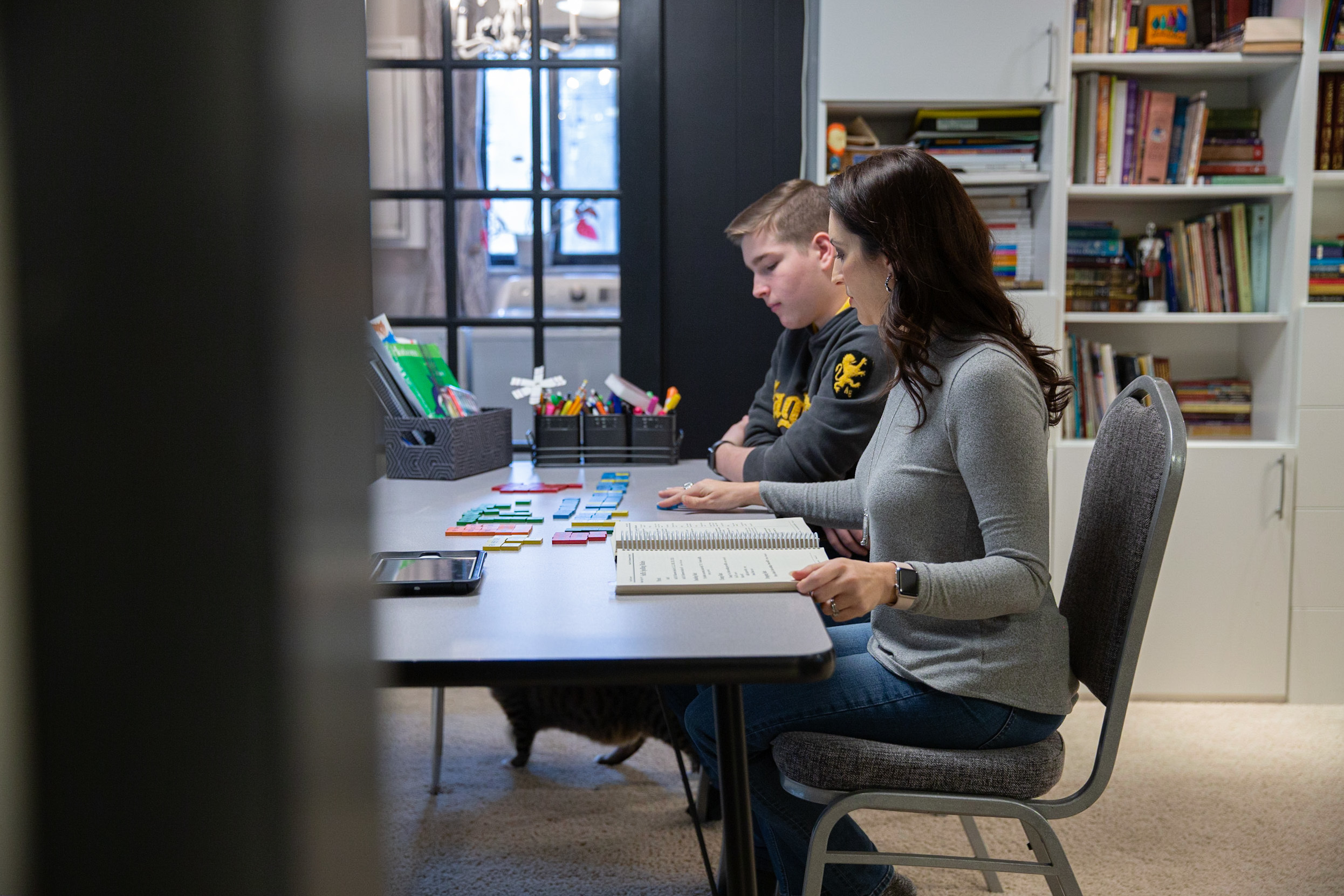
New problems, new solutions
Jennifer was willing to do what it took to help her son learn. She heard of the Appalachian Reading Center from other mothers and decided to see what help they might be able to offer to her son. The center diagnosed him with dyslexia and dysgraphia on top of the ADHD they already knew about. Jennifer enrolled him in a few of the center’s programs, but they were simply too expensive to continue in the long run.
Through the Appalachian Reading Center, Jennifer learned of a program that could train her to be the reading tutor her son so desperately needed. It was still expensive but more manageable than continuing at the Reading Center. Jennifer used the suggested Barton Reading and Spelling Program to learn how to teach her son. The program worked, and her son was able to thrive under her home teaching. She taught her two other children and tutored many others who lived in her area.

A state holding back its students
Teaching dyslexic students to read is not an easy job, and it requires many hours of one-on-one tutoring. Jennifer is proud of the work she has done, but fixing the larger problem—students with individualized needs falling through the cracks of the public school system—requires much more.
Much of the problem resulted from a severe lack of choice when it came to schools in West Virginia. Private schools and homeschooling were far out of financial reach for most families in the Mountain State, and charter schools only became legal in 2019. With little access to options beyond the public school system, students suffered, especially those with complicating circumstances like ADHD or dyslexia.
In 2015, Cardinal Institute for West Virginia Policy set out to change this state of affairs and revolutionize education in their state along the way.
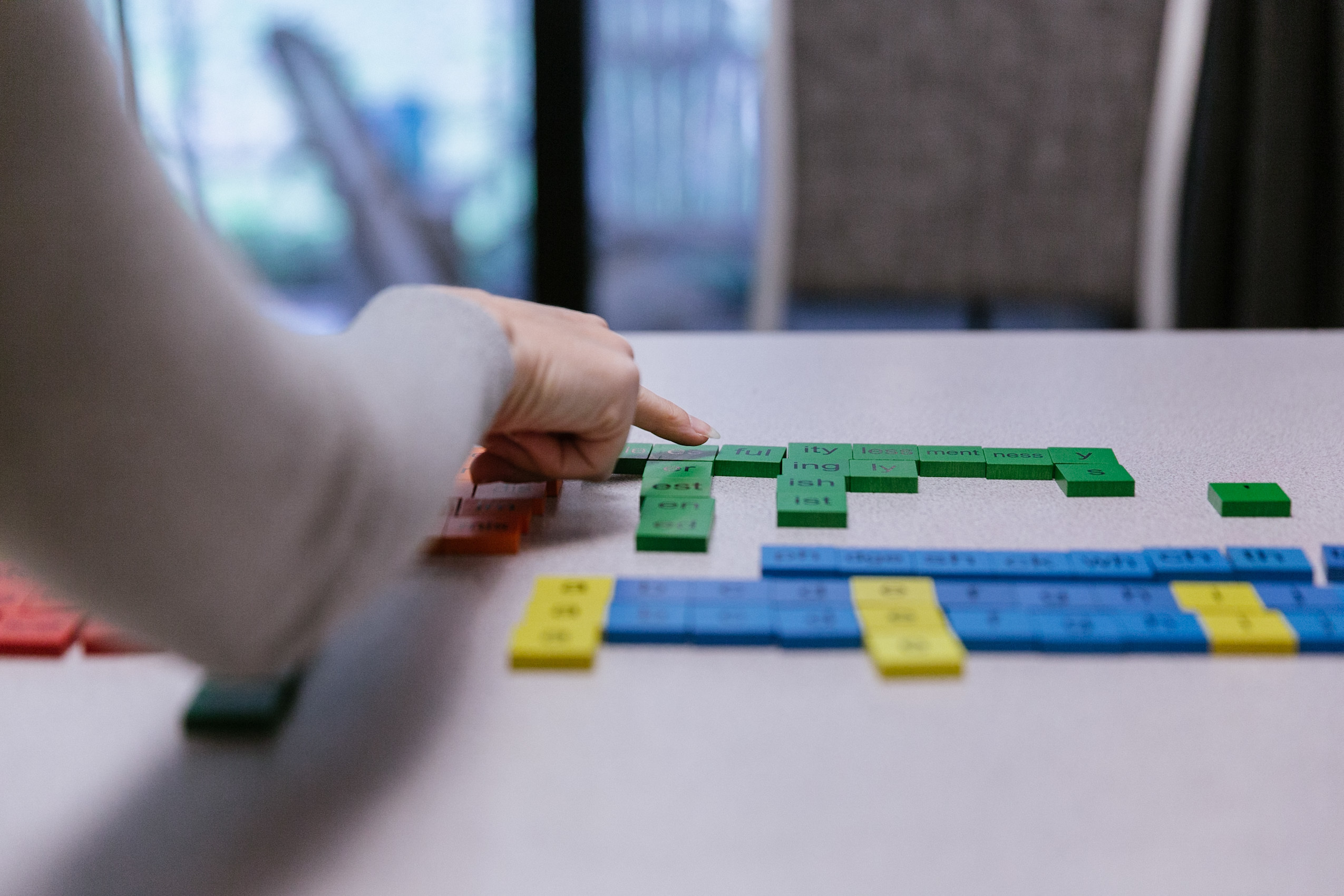
The West Virginia Miracle
The journey to educational freedom in West Virginia was a long one, but the Cardinal Institute never gave up. Through changes in the state legislature, teachers’ union strikes, and new governors, they continued the hard work of changing hearts and minds. In 2019, their campaign saw its first policy success when Governor Jim Justice signed a law allowing the establishment of public charter schools. These schools are an excellent way to expand access to high-quality education, but Cardinal Institute wasn’t done. In 2021, they achieved their ultimate goal: the passage of a law instituting educational savings accounts. The 2021 Hope Scholarship Act—which goes into effect in early 2022—will give West Virginia students and parents the freedom and resources to choose the best educational option to fit their circumstances. These savings accounts will give parents access to a sum equal to the state’s average per-student spending during the previous year to place their children in non-traditional educational settings.
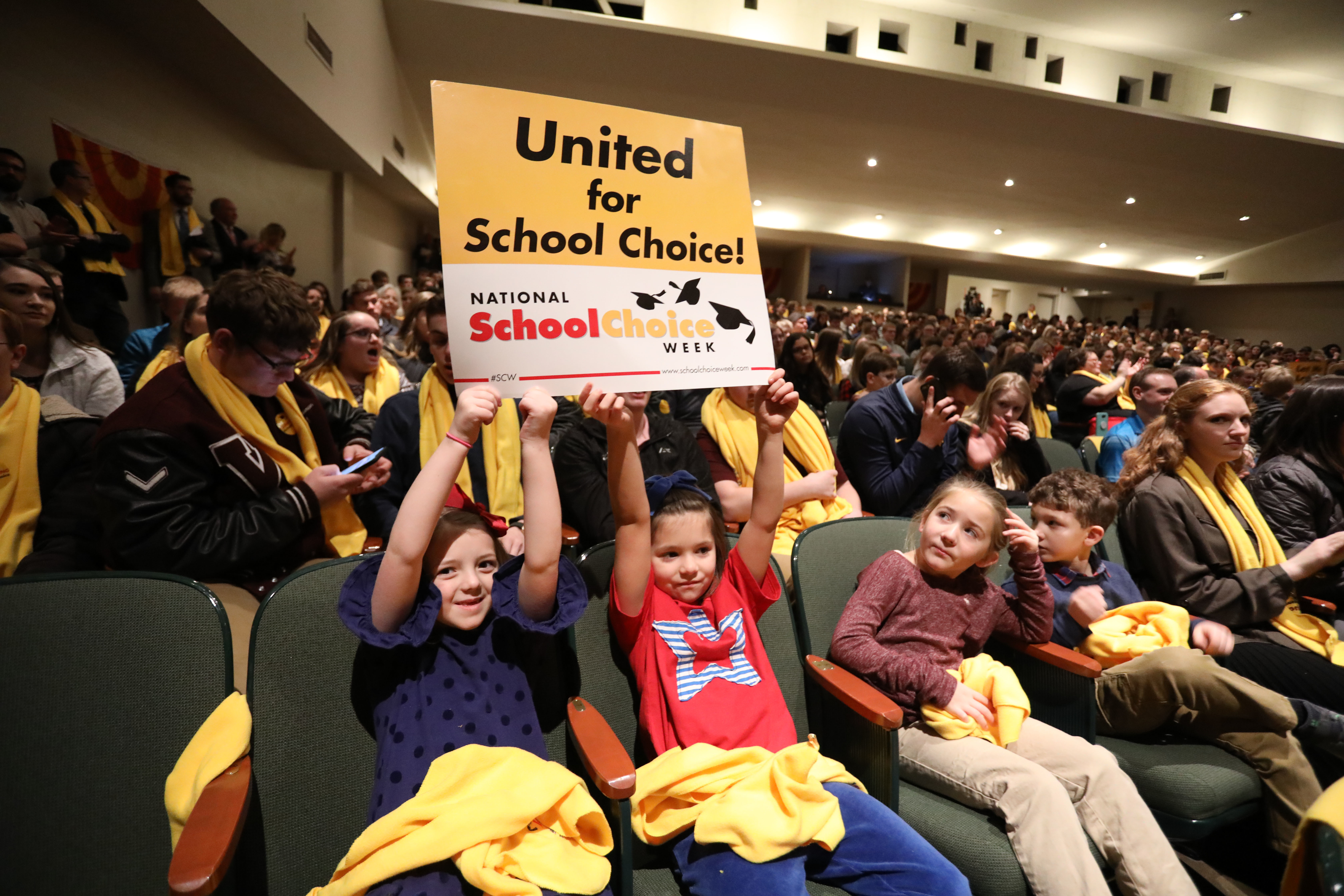
Hope for West Virginia’s future
For some families, the best educational option might be a charter school, a private school, or even homeschooling. If Jennifer’s family had had the Hope Scholarship, it might have meant classes at the Appalachian Reading Center. Whatever they choose, over 250,000 students will have the agency to craft their own success stories.
Parents like Jennifer need options to help their children thrive, and now they have options. Through revolutionary changes—like educational freedom—Cardinal Institute’s goal is to transform the state they love so that everyone has the chance to achieve a flourishing life in the state they call home.
Atlas Network supported Cardinal Institute’s ongoing education reform extensively and is excited to see West Virginia students get the opportunity to have a better tomorrow through educational freedom.
